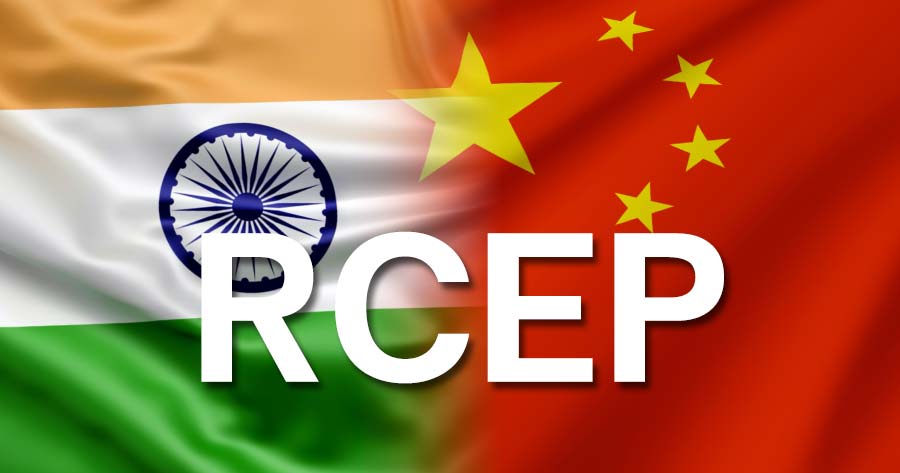India’s Minister of Commerce and Industry, Piyush Goyal, confirmed that India will not be a part of the Regional Comprehensive Economic Partnership (RCEP), emphasizing that it is not in the nation’s best interest to engage in a free trade agreement with China.
The RCEP, established in 2020 by 15 Asia-Pacific nations, accounting for about 30% of the global GDP, became effective in January 2022.
The participating countries include the ten members of the Association of Southeast Asian Nations (ASEAN) and five major trading partners: China, South Korea, Japan, Australia, and New Zealand.
Although India was initially involved in negotiations for the RCEP in 2013, the country opted out in 2019, citing unresolved core interest issues without specifying them.
Minister Goyal highlighted India’s existing free trade agreements with ASEAN, Japan, Korea, and New Zealand, asserting that RCEP did not align with the needs of Indian farmers and small to medium-sized industries, and expressed concerns that the RCEP essentially resembled a free trade agreement primarily focused on China.
Goyal criticized China’s lack of transparency in its economic practices and accused the country of leveraging World Trade Organization policies to flood global markets with low-priced goods of questionable quality.
He pointed out that China’s increased production across various sectors, from solar panels to cars and steel, has led to oversupply and aggressive exporting practices, which disrupt foreign markets. The challenges of competing with a non-transparent economy like China and such practices would not align with India’s democratic values and economic objectives.





